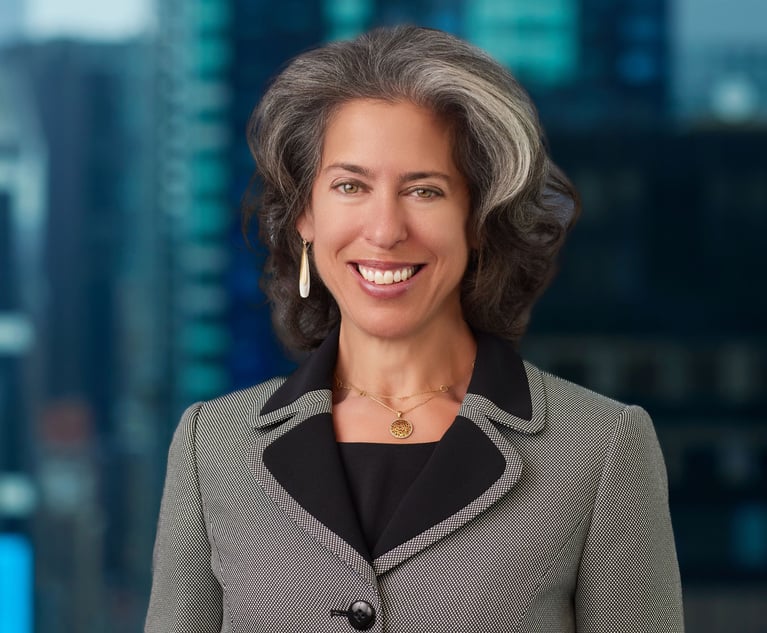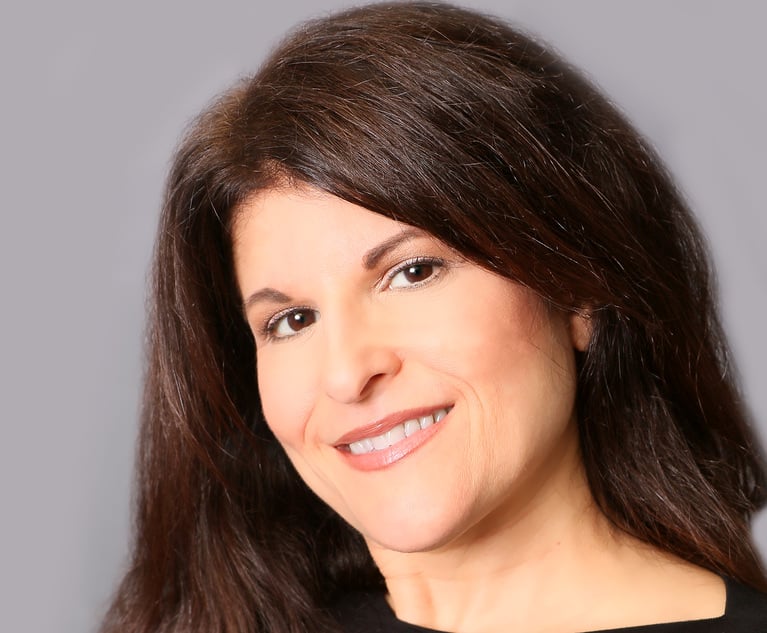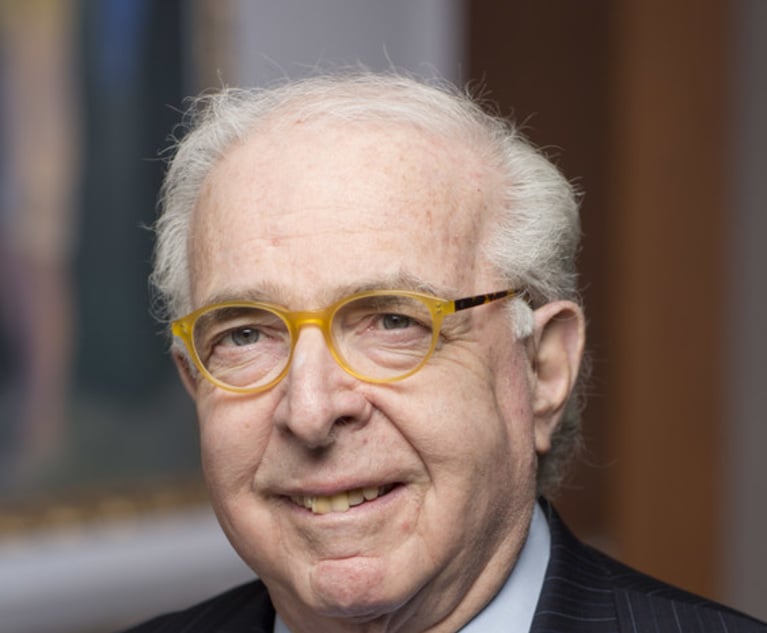
September 11, 2024 | New York Law Journal
Lawyers Have a Civic Duty To Be Vocal"To the mind of this author, the civic duty of a lawyer goes beyond understanding the underpinnings of a democratic system of government and advocating for clients on a case-by-case basis. Instead, I submit that the civic duty of a lawyer includes the need to engage in a dialogue—a civil dialogue—about what is happening in the world around us."
By Alan Feigenbaum
5 minute read

September 11, 2024 | New York Law Journal
One Down, Many More to Go: Non-Compete 'Bans' After FTC's Rule Struck DownA discussion of 'Ryan LLC v. FTC,' which set aside the Federal Trade Commission's nationwide non-compete ban. "In the wake of that ruling from Texas, employers across the country can breathe a sigh of relief, knowing that the ban did not go into effect on Sept. 4, 2024. But any respite may be temporary because of the uncertainty of the litigation process."
By Peter Wozniak and Samuel Rubinstein
8 minute read

September 10, 2024 | New York Law Journal
RFK Jr.'s Battle for Ballot Access: A Closer LookRFK Jr.'s ballot access fights have intensified in recent weeks, and his fight to get back onto the New York ballot isn't over. While it's still unknown whether New Yorkers will see RFK Jr.'s name on their ballots this November, it's clear that this fight isn't about liking or disliking Kennedy or his views; it's about the rule of law and adherence to longstanding precedents.
By Joseph Burns
7 minute read

September 10, 2024 | New York Law Journal
Deciphering an Illegible Deed; Baseless Objections to Receivership: This Week in Scott Mollen's Realty Law DigestScott Mollen discusses "Castaneda v. Serrano," involving an alleged forged deed, and "Federal National Mortgage Association v. 204 Ellery St." dealing with baseless objections to a receivership.
By Scott Mollen
14 minute read

September 09, 2024 | New York Law Journal
Attorneys 'On the Move': Paul, Weiss Adds Two Asset Management Partners; Restructuring Lawyer Joins Latham & WatkinsAnd other announcements of recent hirings and promotions of New York attorneys.
By Patricia Kane
4 minute read

September 09, 2024 | New York Law Journal
Dark Patterns: The Deceitful Art of Manipulating UsersWhile these deceptive practices may offer short-term gains for companies, they ultimately undermine consumer trust and can lead to significant legal repercussions.
By Peter Brown
6 minute read

September 09, 2024 | New York Law Journal
Implications of SCOTUS Expert Intent Ruling for the White-Collar BarBonnie Baker discusses the recent Supreme Court decision in 'Diaz v. United States,' involving expert testimony on a defendant's mental state in a criminal case and offers key advice and considerations for white-collar lawyers.
By Bonnie M. Baker
9 minute read

September 06, 2024 | New York Law Journal
Child Support Stipulations: Get It Right In WritingNassau County Support Magistrate Sondra Mendelson-Toscano discusses the importance of and best way to craft family law stipulations.
By Sondra Mendelson-Toscano
11 minute read

September 05, 2024 | New York Law Journal
College Athletes and Their Unknown Road AheadA discussion of the future trends, evolving issues and ramifications that college athletes and the NCAA are currently facing and may face in the future due to recent court decisions including'Johnson v. National Collegiate Athletic Association 'which held that college athletes may be employees under the Fair Labor Standards Act in some circumstances.
By Charles Gfeller, Melissa M. Modzelewski and Olivia C. Tawa
8 minute read

September 04, 2024 | New York Law Journal
The Oldest Case in the Court System"This story is a fictionalized amalgam of many actual instances that I experienced in my years as a trial judge serving in the Supreme Court, New York County's Civil Term. It depicts the pressures that existed on all of us before IAS, during and beyond to deal with the case load that kept growing and growing and especially those cases that we commonly called "old dogs," the ones that just wouldn't ever disappear."
By David B. Saxe
13 minute read
Trending Stories
- 1Federal Judge Won't Stop Title IX Investigation Into Former GMU Law Professor
- 2Kentucky Judge Shot in Courthouse Following Argument With County Sheriff, Police Say
- 3What We Know About the Kentucky Judge Killed in His Chambers
- 4Judge Blasts Authors' Lawyers in Key AI Suit, Says Case Doomed Without Upgraded Team
- 5NY Judge Resigns Amid Investigation of Alleged Unwelcome Sexual Advances, Judgments for Friends
More from ALM
- Morgan & Morgan Class Action Attorneys Detail Pathway to Success Within Cybersecurity and Data Privacy Practice 1 minute read
- Holwell Shuster & Goldberg Partners Leverage 'Hostile' Witnesses to Secure $101 Million Verdict Against Walmart 1 minute read
- Legal Speak at General Counsel Conference Midwest 2024: Mike Andolina, Partner, White & Case 1 minute read



